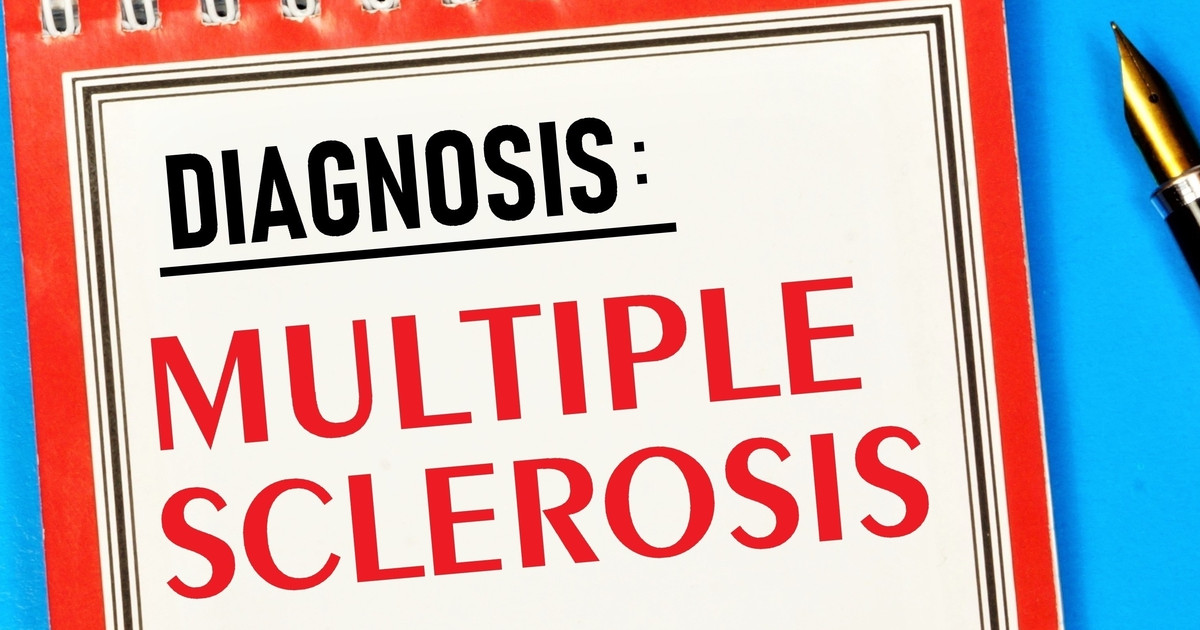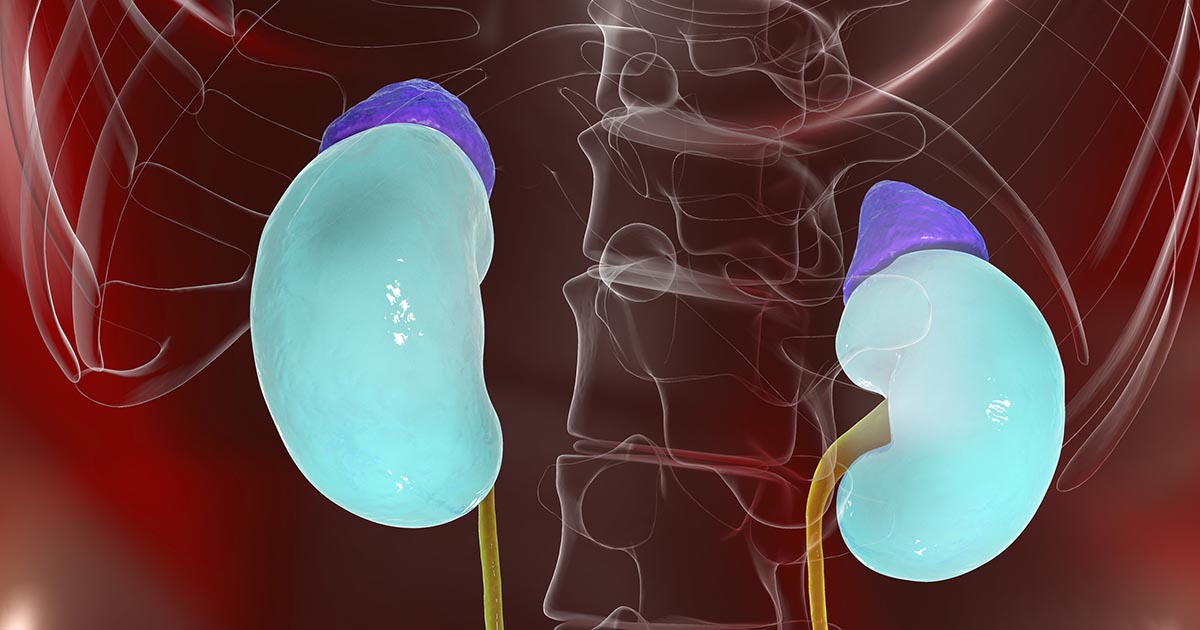Guide To The Most Common Autoimmune Diseases
Multiple Sclerosis

Multiple sclerosis is a devastating autoimmune disease. It affects the patient's central nervous system, particularly their brain and spinal cord, and causes the patient's immune system to mistakenly attack the myelin sheath. This is the sheath that protects nerve fibers. When it is damaged in this condition, patients will experience communication issues between their brain and other parts of their body. Multiple sclerosis is often progressive, meaning that over time it causes nerve deterioration and sometimes permanent damage. Symptoms include an unsteady gait, weakness or numbness in one or more limbs, pain or tingling in the body, vision problems, and electric shock sensations with certain movements.
The cause of this disorder is unknown, though there are many risk factors. Risk factors for multiple sclerosis include a family history of it, being a woman, the Epstein-Barr virus, and the presence of other autoimmune conditions. Examples of such autoimmune conditions include pernicious anemia and type 1 diabetes. Treatments may include injected and oral medications, physical therapy, plasmapheresis, and mobility aids.
Addison's Disease

Addison's disease is an autoimmune disorder in which the affected individual's adrenal glands do not make enough cortisol, the stress hormone. In many cases, their adrenal glands will not produce enough aldosterone as well. The adrenal glands, for reference, are located just above the kidneys. Addison's disease has many symptoms, including extreme fatigue, low blood pressure, weight loss, depression, cravings for salt, and low blood sugar.
This condition can appear in both men and women of any age. Addison's disease can often be the result of an issue with the individual's immune system, which is what makes it an autoimmune condition. In fact, according to reports, an immune system problem is behind up to ninety percent of cases of this condition. However, there are other possible causes, including certain blood thinners, taking glucocorticoids for too long, cancers, and infections. Addison's disease treatment always includes medications to replace the lack of hormones. Patients often need to keep extra medication around all the time and carry a medical alert card or bracelet as well.
